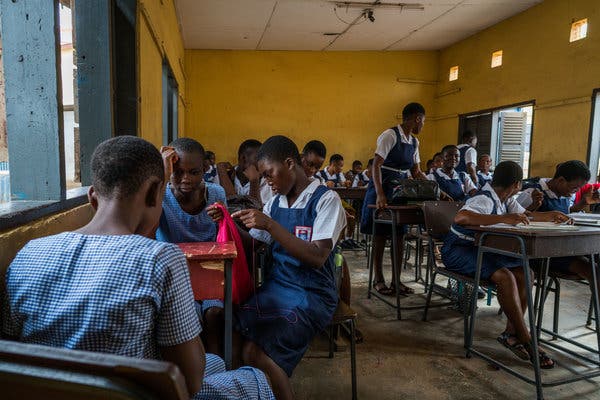
A Business24analysis of the Parliamentary Select Committee on Education’s report has revealed that 96.64 percent of the education sector budget of GH¢8billion for 2020 fiscal year is to be used in paying salaries; with a meagre 1.7percent channeled to general activities and payment of capitation grants.
Also, feeding grant to special schools, administrative grant to GES headquarters, Regional, Districts, Circuit offices and Special Schools among others, will also be paid from the same 1.7percent.
This means of the GHC 8bn allocate to the sector, over GHC 7.7bn will be spent on paying salaries while under GHC300million is spent on goods and service, CAPEX.
The education sector, which is one of the key areas that can spur growth, has in the past years faced a lot of challenges ranging from poor infrastructure and lack of education materials to aid teaching and learning at all levels.
The introduction of the Free Senior High School programme, which has almost double enrolment in secondary education, means that there should be a conscious effort to improve infrastructure both at the secondary and tertiary levels of education.
However, the continuous spending of education sector budget to pay salaries and compensation will deprive the sector of the needed infrastructural.
In 2018, the Ministry of Education spent about 99 percent of the oil cash used to support the country’s education budget mainly for the payment of school fees in respect of government’s Free SHS programme, while a paltry 1 percent was spent on physical infrastructure.
An analysis of the Public Interest and Accountability Committee’s Annual Report on Management and Use of Petroleum Revenues for the Period 2018 revealed that of the total Annual Budget Funding Amount (ABFA) allocation of GH¢419,871,012 to the education sector, a little over GH¢414.6million was spent on fees for Free SHS beneficiaries and GH¢5.2million was spent on expanding existing infrastructure and building new ones.
By Benson Afful

